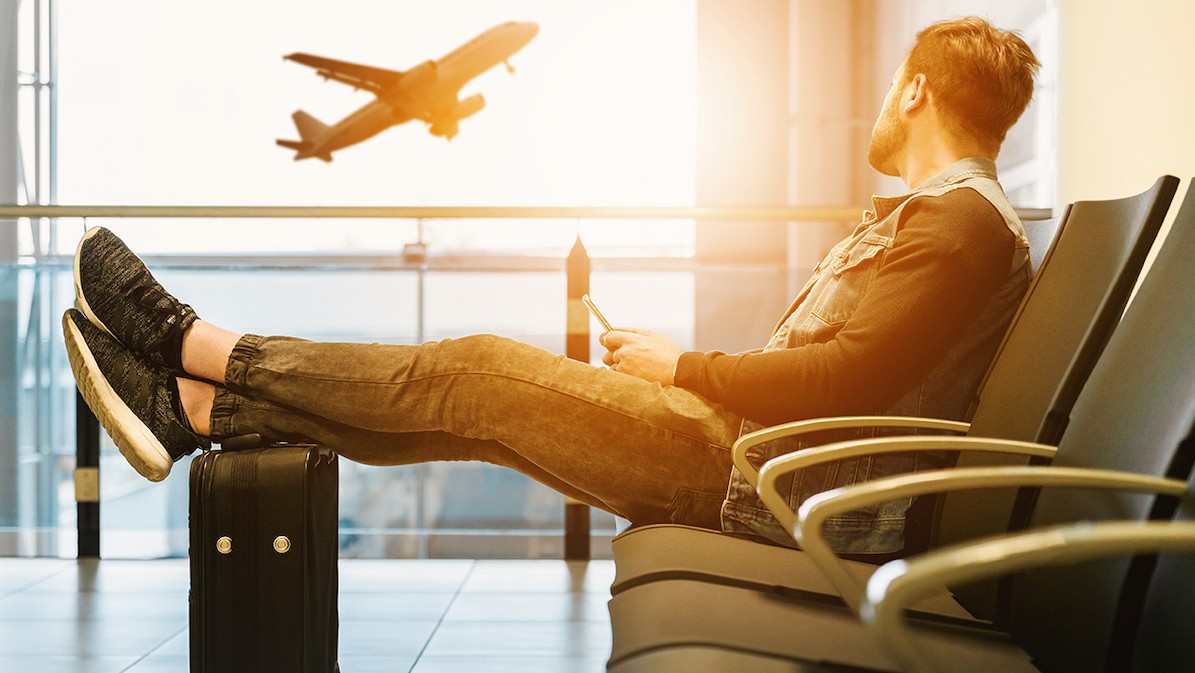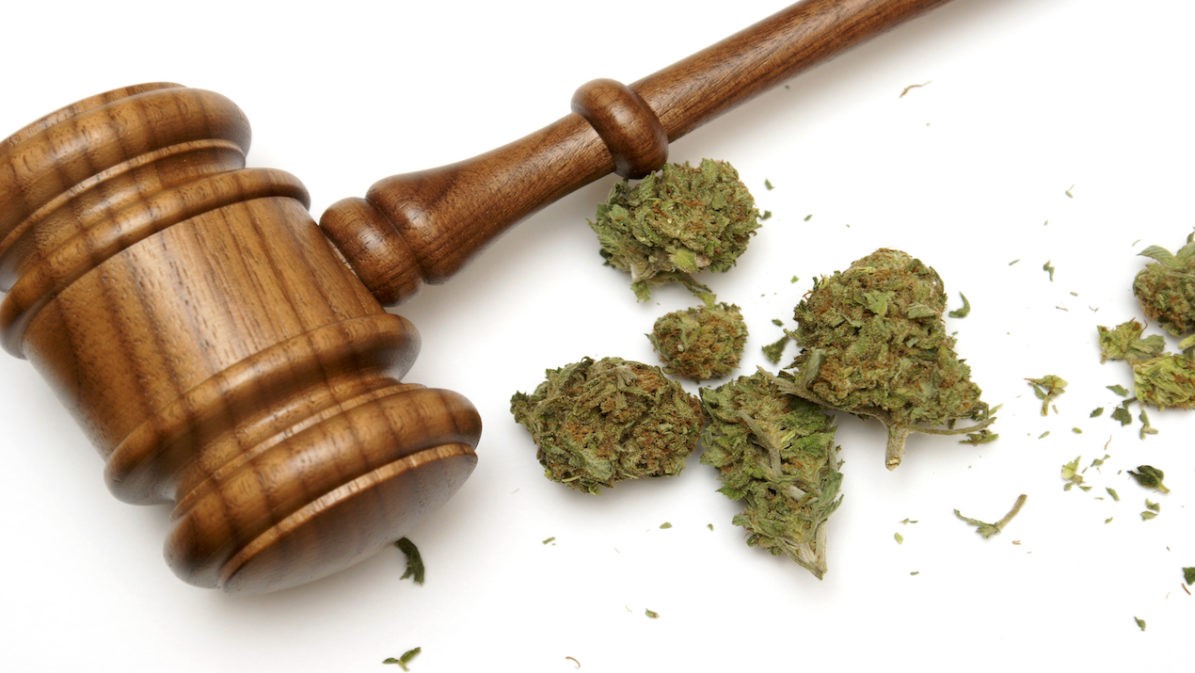
The Ins and Outs of Flying with Cannabis
Catching a plane on your next vacation? Know what to expect the if you’re flying with cannabis with this quick guide on marijuana airport rules in the United States.
With the rapid growth of marijuana legalization across the United States, cannabis tourism is on the rise. Ten states, along with District of Columbia, passed laws to legalize recreational marijuana along with a slew of states with legalized medicinal cannabis in 2018. However cannabis is still illegal under federal law, which makes traveling tricky since all airports are under federal jurisdiction once you get past security. This includes cannabis-infused products, like marijuana based CBD oil. Here’s what you should keep in mind the next time you’re thinking about flying with cannabis.
Cannabis Airport Rules in the United States
Flying between states with varying marijuana laws? Bottom line is, flying with cannabis is illegal no matter where you are in the US. That said, TSA officers aren’t looking for cannabis at security checkpoints. The number one priority of the Transportation Security Administration is safety, meaning they are on the look out for threats such as weapons or explosives. It’s common for TSA officers to stumble upon a marijuana stash during routine security screening. From here, the protocol is to call on local airport police no matter which airport you’re in. As long as you are legally compliant with the local law, you aren’t committing a crime.
Cannabis Airport Rules in California
In California for example, you must be 21 or older and may only carry 28.5 grams of marijuana or 8 grams of concentrated marijuana for personal consumption. See LAX marijuana policy. However, you’ll still have to dispose of your bud before proceeding through security. Local law enforcement will provide you with a number of options, such as leaving it with a friend or putting it in your car. Consequences of not complying with law enforcement varies on the state you’re in.
Can I Fly with Medical Marijuana?
There are other factors to consider, such as having a medical marijuana recommendation card or state-issued medicinal marijuana card. Even if you’re traveling within a state in which medical marijuana is legalized, you are still going through federally-ruled airports, which is what makes it illegal. This remains the same for crossing state lines, even between two legalized states.
Despite TSA’s strict protocols on paper, a grey area still remains. Several TSA spokespeople have said that if local law enforcement deems the amount of marijuana and all other terms legal, it’s “unlikely” the TSA officer would actually stop you from bringing your bud aboard the plane. TSA follows federal law, but doesn’t have the authority to enforce it, so the final decision lies with local police.
Carefully Plan Your Cannabis Tourism
Cannabis tourists are encouraged to do their research on the law in their planned destination, but it isn’t taken into consideration when being handled by local police. It’s especially important to do your research before traveling internationally. Should you get past security screening with no problems, Japan for example has a zero-tolerance policy and could land you in jail for upwards of 5 years. As a recreational user, you can lower risks by never taking cannabis products with you and choosing destinations where you can purchase and consume cannabis legally during your vacation.
Bottom line is, flying with marijuana is illegal according to the federally-governed Transportation Security Administration. It has its risks and consequences, which vary by location. It’s entirely possible you could go about your travels with no repercussions, so it’s a matter of being prepared and weighing your tolerance for potential outcomes.
DISCLAIMER: Cannabiz Digital does not sell cannabis. This publication covers business topics surrounding legal cannabis in California and the United States. It does not provide legal or medical advice. Consult your physician, lawyer, and local laws regarding cannabis. We do our best to provide current information at the time of publishing with no guarantees to accuracy. We understand this industry changes quickly and welcome your feedback. [Send Feedback]



